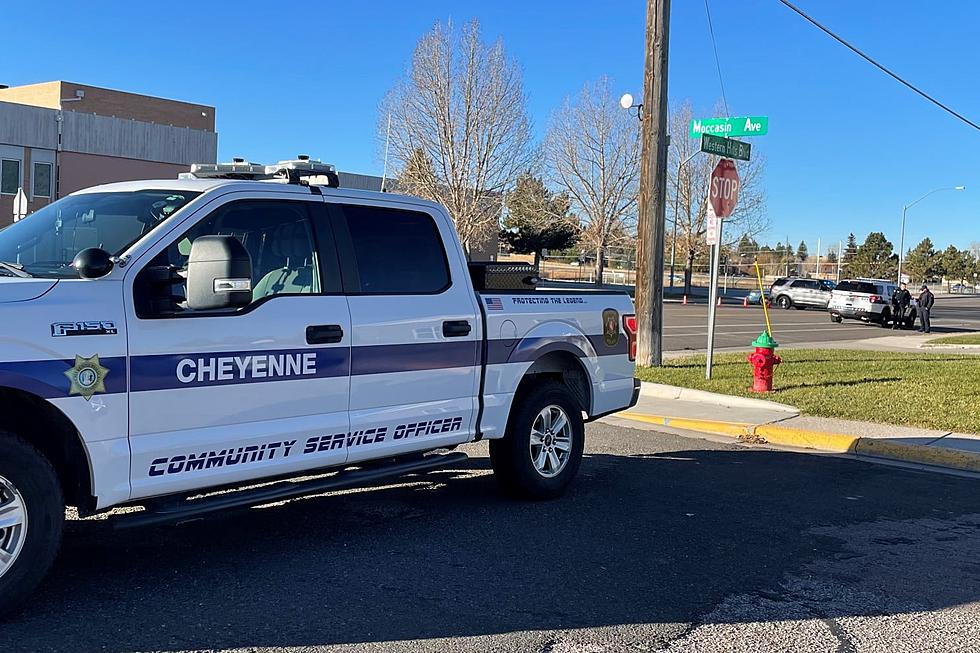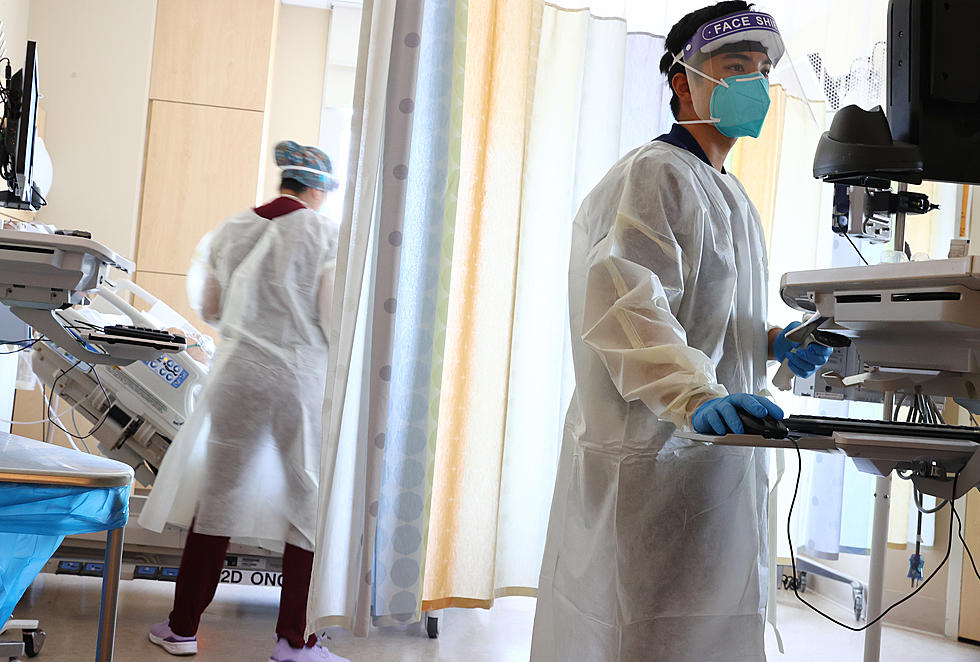
CRMC Reports 5 New COVID-19 Deaths, Only 1 Not Vaccinated
Cheyenne Regional Medical Center on Monday reported five more COVID-19 deaths, the highest weekly total reported since Dec. 20, 2021.
Of the five patients that passed away, two were up to date, meaning they had received all recommended COVID-19 vaccines, including any booster dose(s) when eligible; two were fully vaccinated, meaning they had received their primary series of COVID-19 vaccines; and one was unvaccinated.
The numbers have many questioning the effectiveness of the COVID-19 vaccines, especially given the fact that vaccinated patients have accounted for eight of the hospital's 11 deaths in the past three weeks.
But Dr. Jeff Storey, Chief Medical Officer at CRMC, says the number of vaccinated people who are not hospitalized is still dramatically higher, and being recently vaccinated or boosted is definitely protective.
"Omicron is a different type of problem than we saw previously with the Delta surge," said Storey. "It's getting around in the population with a far better degree of efficiency, and so it's finding those people who are more susceptible."
"The problem also exists that if you've been vaccinated, but you had one dose of Johnson & Johnson, Johnson & Johnson is only about 60% effective in its highest development of antibodies, and so you're not seeing the kind of support and protection that we're seeing with mRNA vaccines, the Moderna or the Pfizer, and even those over time you're getting a waning ability to protect from having COVID," he added.
"I think that's in large part why we're seeing some of these vaccinated people being hospitalized, they're the older riskier population with a virus that's much more transmissible."
Storey says the good news is that COVID-19 hospitalizations are trending downward, and the people who are being hospitalized tend not to be on a ventilator either at all or nearly as long as the prior surge and their hospital stays are much lower.
READ MORE:
Answers to 25 common COVID-19 vaccine questions
More From Laramie Live









